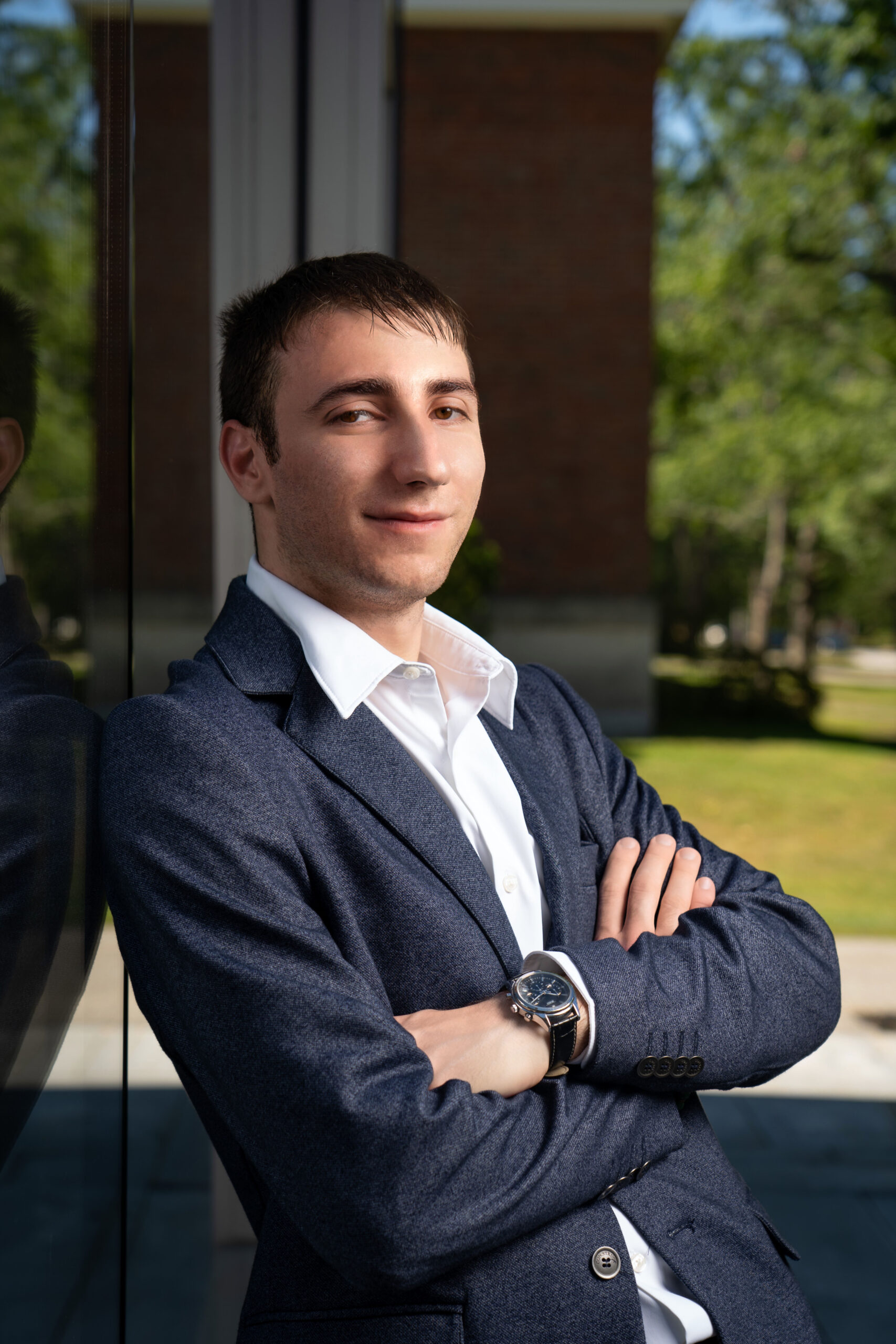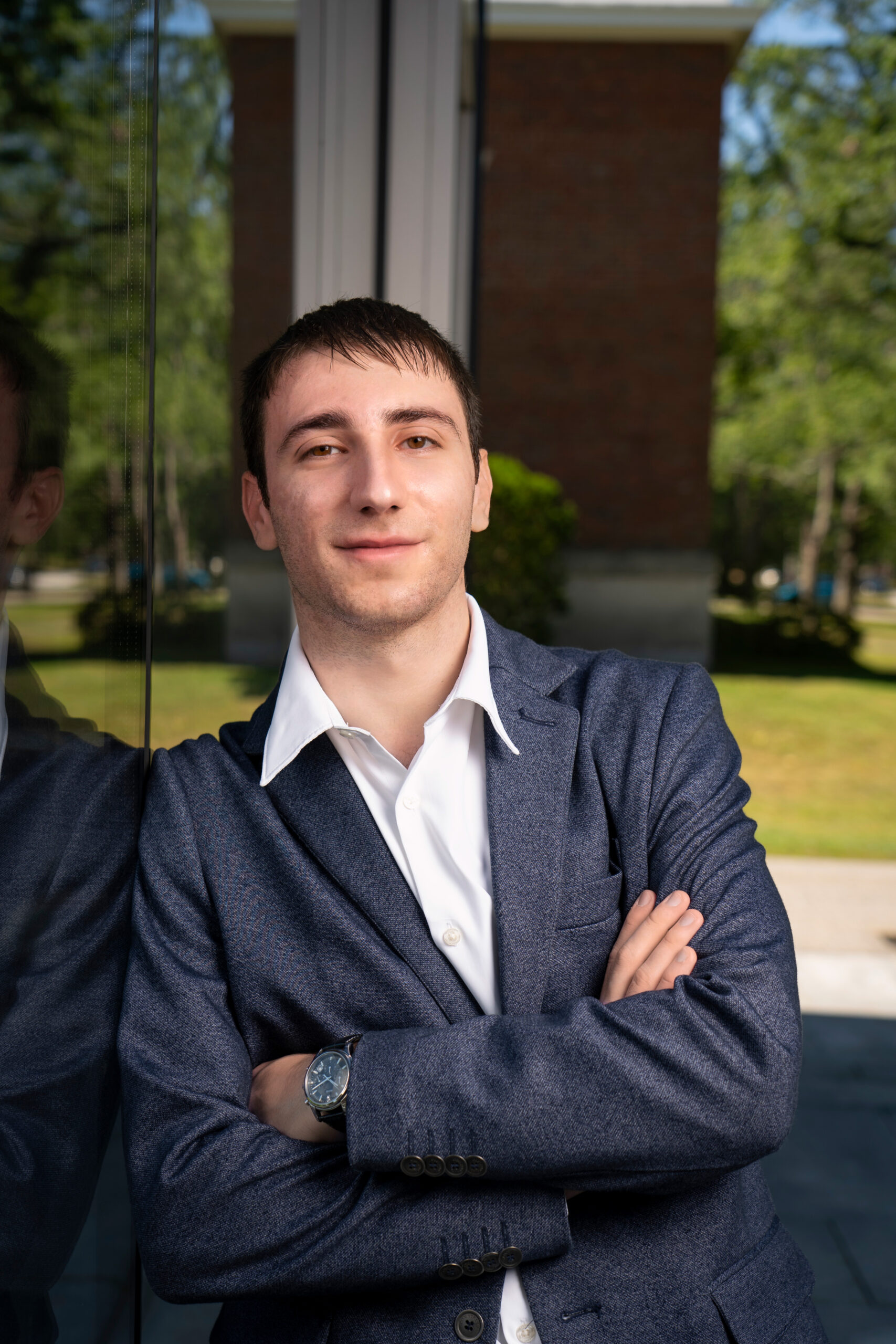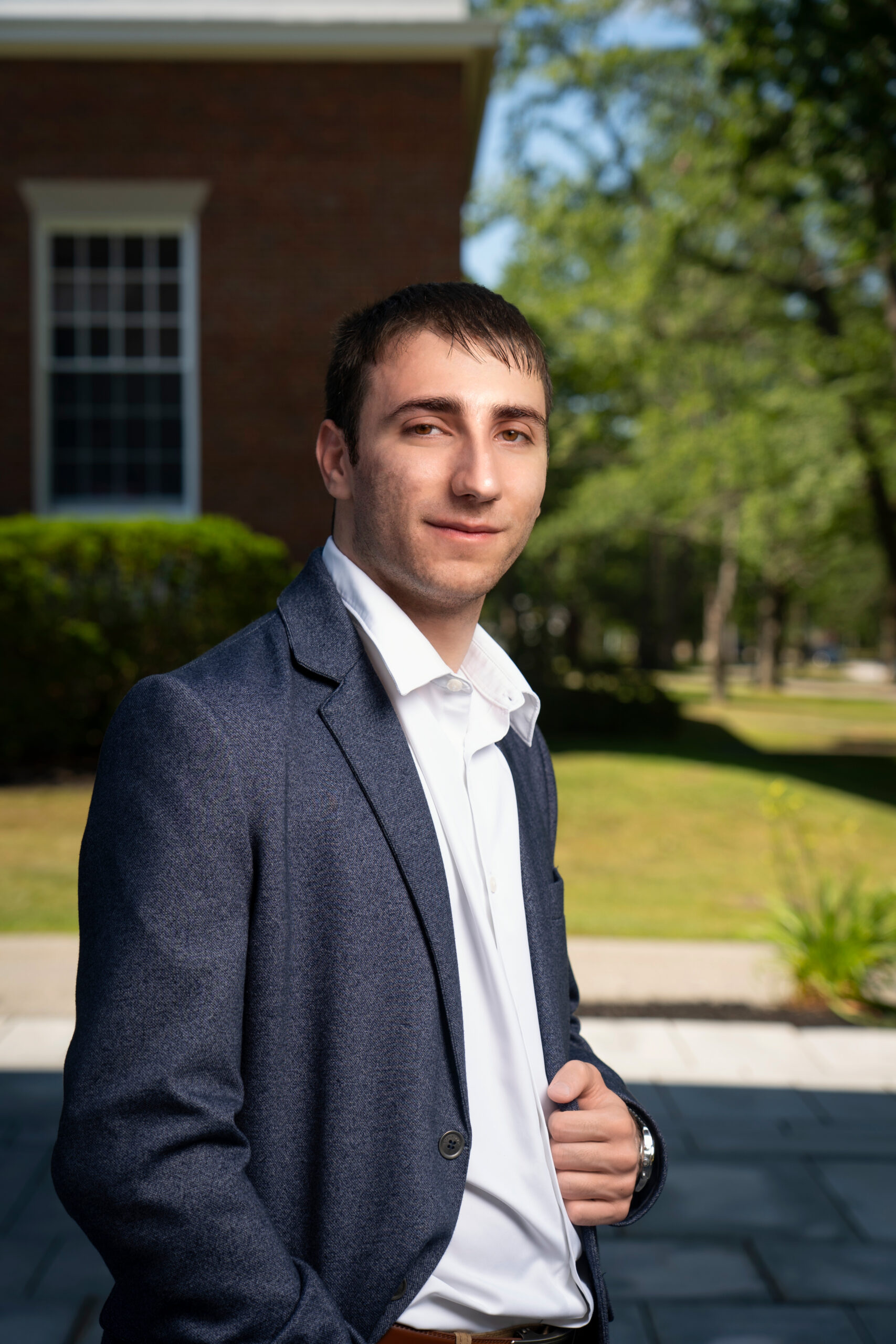Sami Seif
Lebanese composer and music theorist Sami Seif (b. 1998) has been praised as “a distinctive compositional voice” who creates “intoxicating and fascinating soundworld[s]” (Carla Rees, Pan Journal of the British Flute Society). Described as “very tasteful and flavorful” with “beautiful, sensitive writing!” (Webster University Young Composers Competition), his music is inspired by the aesthetics, philosophies, paradigms and poetry of his Middle-Eastern heritage. His latest musical concerns center around the phenomenology of time and of differing degrees of focus.
An enthusiastic collaborator, Seif has worked with numerous renowned musicians. Previous and upcoming collaborators include Mary Kay Fink and Stanley Konopka of The Cleveland Orchestra, Carla Rees, Josh Modney, ETHEL, Vinay Parameswaran, Marcelo Lehninger, the Kalamazoo Symphony Orchestra, the Odin Quartet, TEMPO Ensemble, Earplay, Ensemble 126, Ensemble Metamorphosis, Juan Riveros, Drew Hosler, Dustin White, and Lana Stafford, among others. Seif’s music has been recognized internationally by various institutions such as ASCAP, SOCAN, the Society for New Music, the RED NOTE New Music Festival, the Metropolitan Youth Orchestra of New York, the New York Composers Circle, the Stamford Music and Arts Academy, the Foundation for Modern Music, the Ohio Federation of Music Clubs, the Cleveland Composer’s Guild, among others. Additionally, he was selected as a finalist for the 2019 Kaleidoscope Chamber Orchestra call for scores from a pool of more than 2200 applicants from more than 90 countries. In 2020, he was selected again from a larger pool of almost 8000 applicants.
Originally from the small town of Ashkout in Mount Lebanon, he was born to a non-musical family in Abu Dhabi and he is fluent in Arabic, French and English. He started out at the age of twelve as a self-taught musician, composing and playing on microtonal keyboards, specially designed for Arabic music. Not having had access to formal music education, Seif taught himself how to read and write music by reading theory textbooks. He later formally studied piano, composition, audio engineering, and sound synthesis.
Seif completed his undergraduate studies in composition and music theory at the Cleveland Institute of Music, where, he was honored with the Donald Erb prize in composition and the Beth Pearce Nelson award in music theory upon graduation. He is currently a doctoral fellow at the CUNY Graduate Center, studying with David Fulmer, Steve Everett, Suzanne Farrin, Yayoi Uno Everett, Jason Eckardt, Bruce Saylor, and David Schober.



